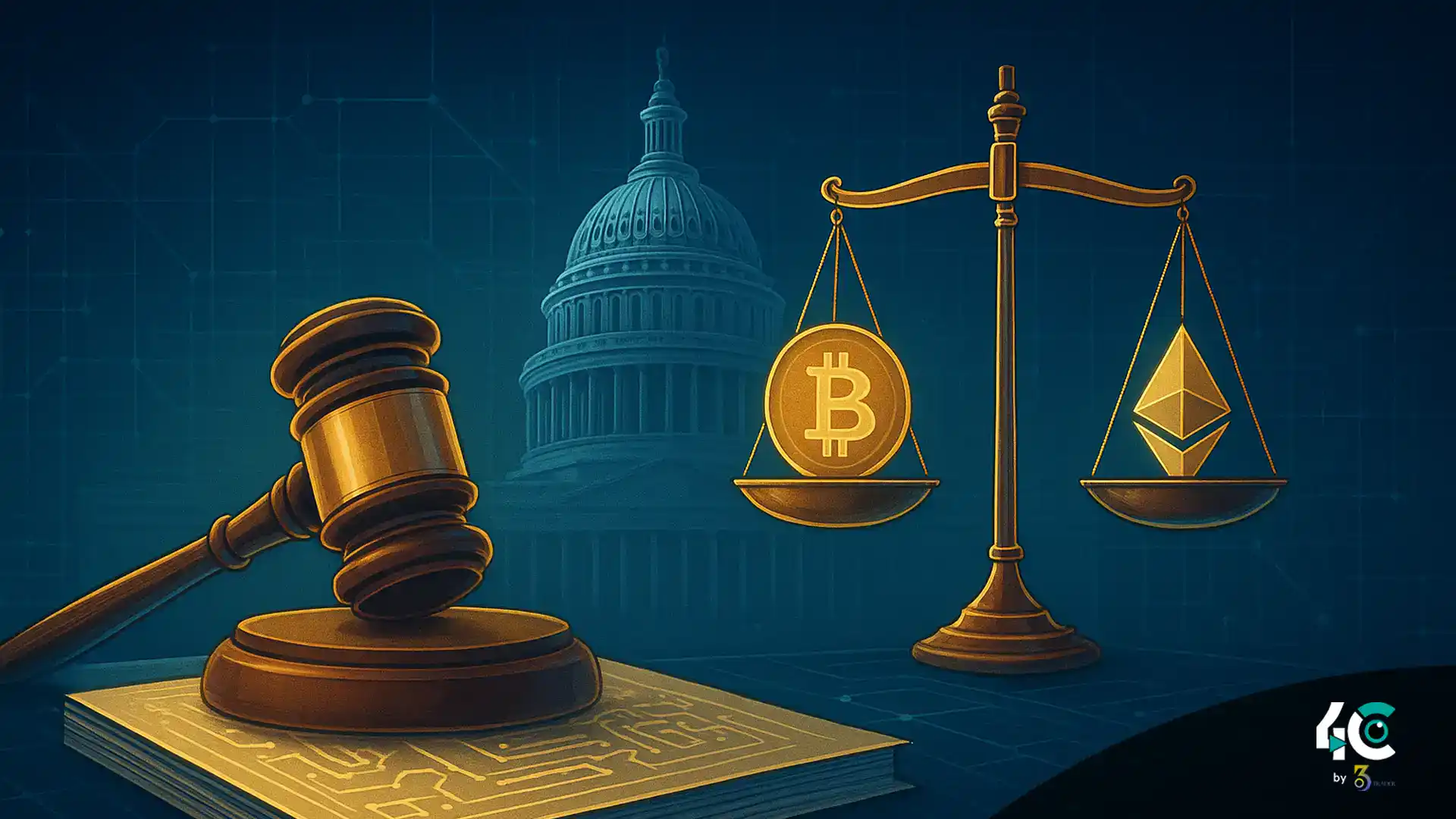Introduction: Rules for Crypto Market Directors
U.S. regulators released a landmark joint statement on Tuesday. The Commodity Futures Trading Commission (CFTC) and the Securities and Exchange Commission (SEC) outlined a plan of action regarding spot cryptocurrency trading in the United States.
The guidance allows regulated U.S. and foreign exchanges—including National Securities Exchanges (NSEs), Designated Contract Markets (DCMs), and Foreign Boards of Trade (FBOTs)—to list spot crypto products.
The introduction of products with leverage and margin is expected to boost retail and institutional adoption.
What the Statement Means for Exchanges and Investors
Regulators confirmed that exchanges can now pursue spot crypto listings without violating U.S. law. Market participants may contact SEC or CFTC staff regarding filings, custody, clearing, and market structure compliance.
The fact sheet highlights that venues such as:
…as well as foreign boards of trade recognized by the CFTC, may now consider offering spot crypto products.
Also Read : Japan’s Finance Minister Believes Crypto is Essential for Portfolios
Regulatory Frameworks: Policy Change for U.S. Crypto Markets
This guidance aligns with recommendations by the President’s Working Group on Digital Asset Markets, emphasizing regulatory clarity to support blockchain innovation in the U.S.
Earlier this year, Congress considered legislation defining rules for digital assets, including:
- The Genius Act for stablecoins
- The CLARITY Act, currently under Senate review
The SEC and CFTC aim to ensure transparency, surveillance, and investor protection, while enabling innovation in spot cryptocurrency trading.
Key Takeaways for Traders and Institutions
- U.S. and foreign exchanges may now list spot crypto products, including those with leverage and margin.
- Established financial venues like Nasdaq, NYSE, CME, and Cboe can now enter the market.
- Guidance covers custody, clearing, and compliance standards.
This is a significant step in promoting blockchain innovation in the U.S. while providing clear regulatory guidance for crypto markets.



























